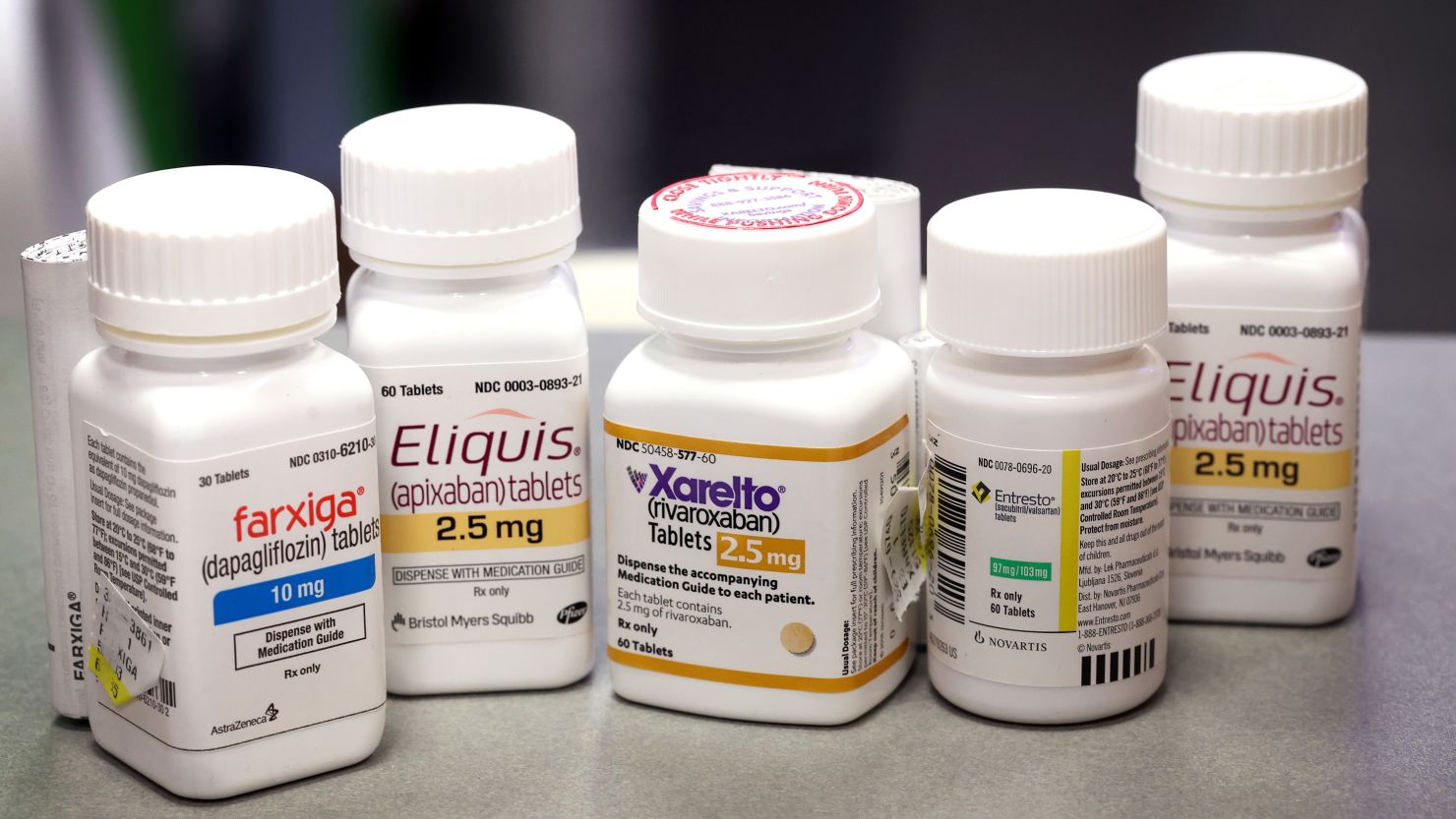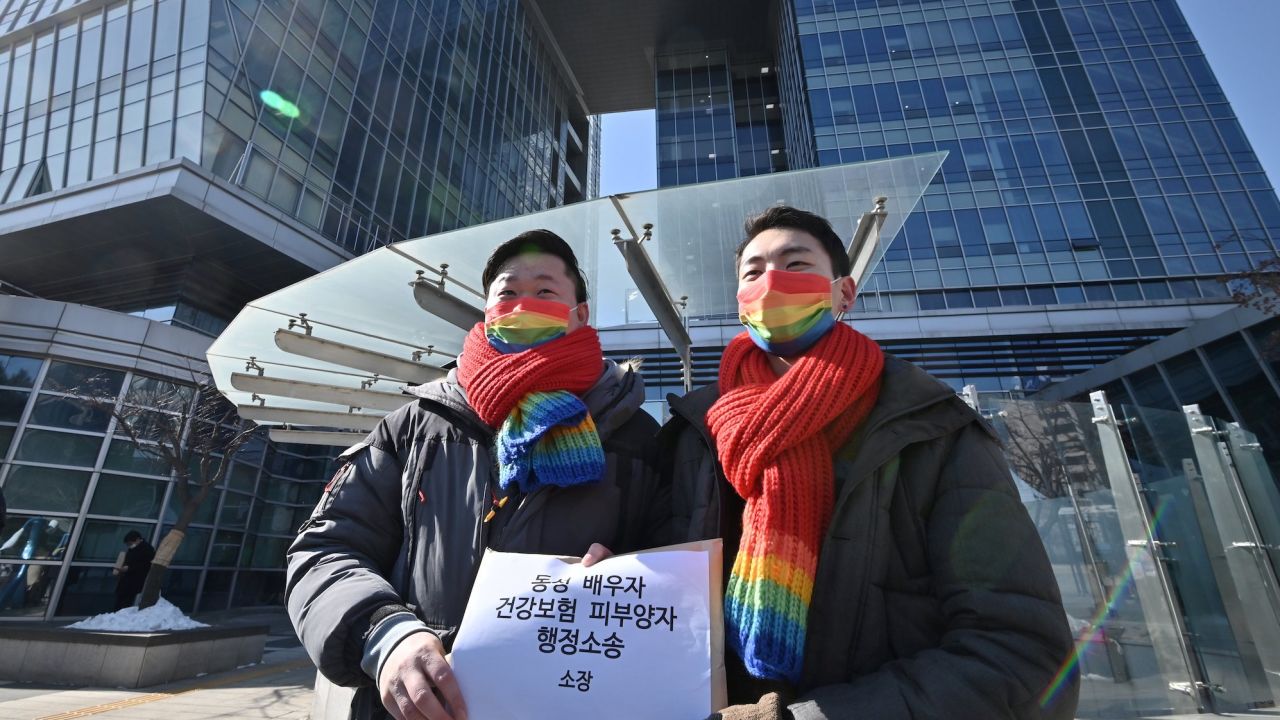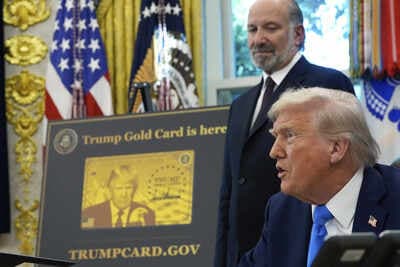US Pharma Industry Targets Korea"s Drug Pricing Policies
The American pharmaceutical industry is ramping up pressure on South Korea to increase its drug prices, citing claims of unfair competition and financial burdens from research and development costs. This demand comes as part of a broader strategy to reshape global drug pricing norms, with the American Pharmaceutical Association (PhRMA) leading the charge. According to reports, they are urging the Biden administration to leverage trade negotiations to impose higher prices for drugs imported from the US to South Korea, a move that could further strain Korea"s already precarious national health insurance system.
Financial Impact on Korean Healthcare System
If the demands from US pharmaceutical lobbyists are met, South Korea"s National Health Insurance Service (NHIS) could face catastrophic financial repercussions. The NHIS is already navigating a landscape where funding is limited, and the introduction of more expensive US drugs would exacerbate the fiscal strain. For instance, treatments like the blockbuster cancer drug Keytruda, which can cost over $4 billion annually in claims alone, could become the norm rather than the exception under these proposed changes. The potential for enhanced coverage of US drugs would mean less funding for local healthcare initiatives, jeopardizing the accessibility of essential treatments for Korean patients.

Medicare and its enrollees to save billions from historic drug price ...
Trump"s Legacy of Aggressive Trade Tactics
The Trump administration"s aggressive trade policies set the stage for this current landscape. His directive to the Office of the United States Trade Representative (USTR) emphasized the need to combat what he termed "unfair international drug pricing." The philosophy driving this approach is that American innovation should not subsidize foreign healthcare systems. This logic, however, neglects the fundamental principle of equitable healthcare access, which is increasingly vital as global health disparities grow.
Korea"s Drug Approval and Pricing Mechanisms Under Fire
The PhRMA has argued that South Korea"s rigorous drug approval process delays market entry for new medications, thereby limiting access for patients. They assert that the Health Insurance Review and Assessment Service (HIRA) and NHIS"s evaluation processes impose unnecessary barriers, causing significant delays that can span years. This criticism is echoed by other stakeholders, including the American Chamber of Commerce, which has called for reforms to expedite drug pricing negotiations and approval timelines. However, this perspective overlooks the importance of evaluating drug efficacy and cost-effectiveness, a necessity in an era of rising healthcare costs.

In a first, South Korean court grants gay couple health benefits | CNN
Potential Long-Term Consequences for Drug Accessibility
Should the US successfully pressure South Korea into adopting higher drug prices, the long-term consequences could be dire. Not only would this shift affect the availability of innovative drugs, but it could also lead to a cascading effect on public health. As the cost of medications rises, it becomes increasingly difficult for patients to afford necessary treatments. Moreover, South Korea"s experience could serve as a template for other nations facing similar pressures from US pharmaceutical companies, potentially leading to a global increase in drug prices that prioritizes corporate profits over patient welfare. The call for equitable healthcare access must not be undermined by financial interests masquerading as innovation support.







![[Video] Gunfire between Iraqi security forces and Sadr militias in Baghdad](/_next/image?url=%2Fapi%2Fimage%2Fthumbnails%2Fthumbnail-1768343508874-4redb-thumbnail.jpg&w=3840&q=75)
